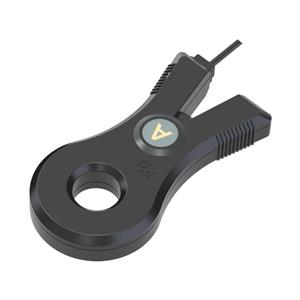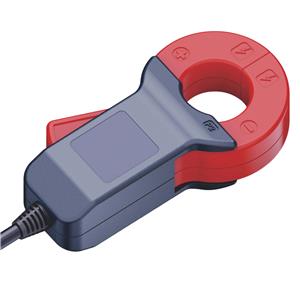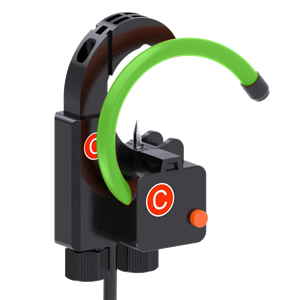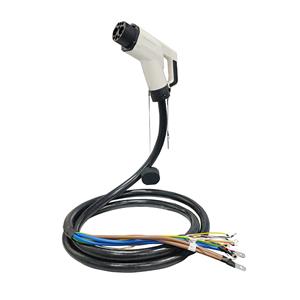Applications of Sensors in the Automotive Industry
In the realm of modern automotive engineering, sensors have become indispensable components that revolutionize vehicle performance and safety. These advanced devices act as the "eyes" and "ears" of the car, playing a pivotal role in enhancing driver experience and enabling intelligent systems.
Sensors like wheel speed detectors ensure precise control over vehicle dynamics by monitoring the rotation rate. They contribute to accurate traction control systems, preventing skids and improving handling. GPS (Global Positioning System) sensors provide real-time navigation, guiding drivers to their destinations and enabling autonomous driving features.
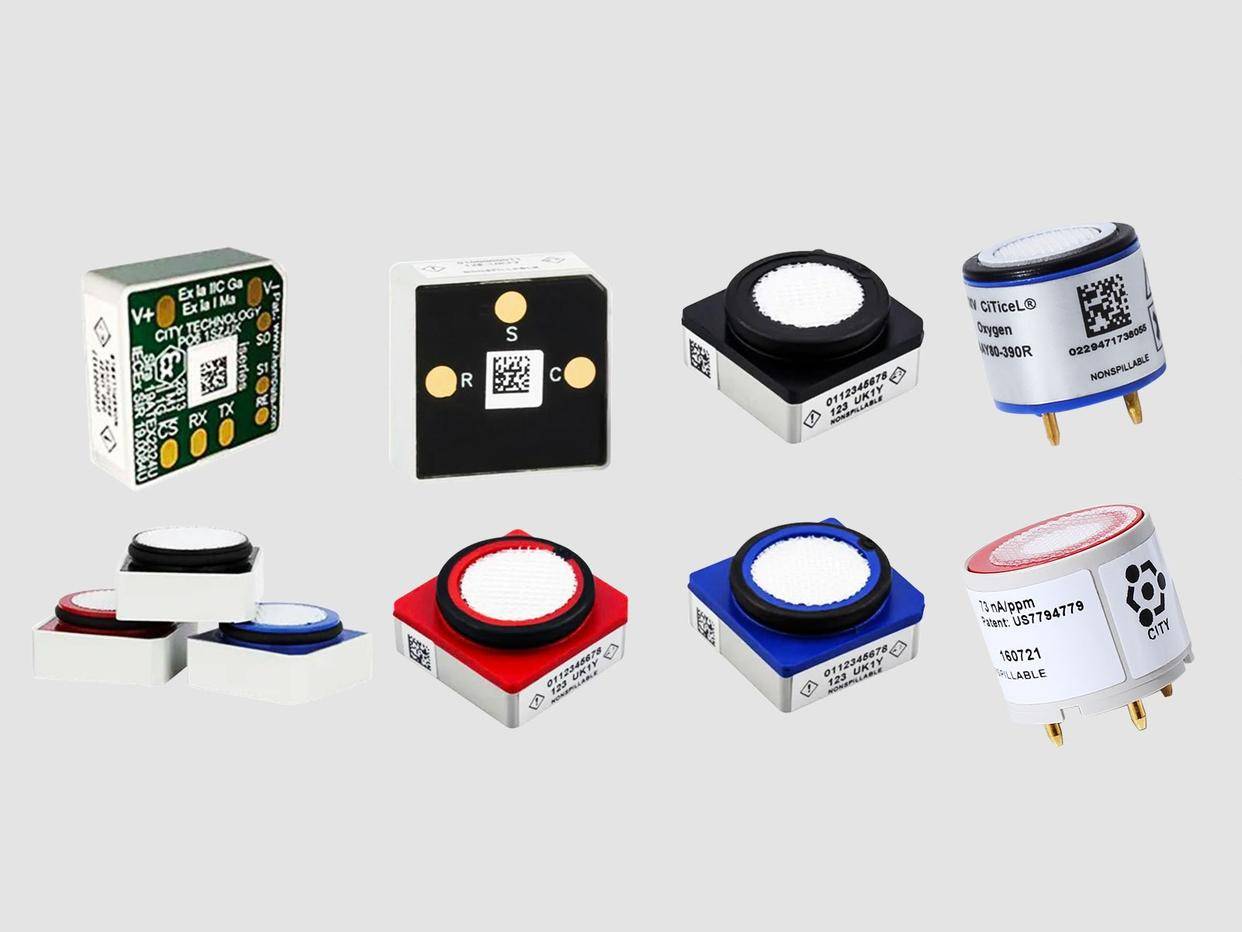
Airbag deployment is triggered by crash sensors, detecting the severity of an impact to protect passengers. Infrared sensors, on the other hand, monitor engine health, while oxygen sensors maintain optimal combustion efficiency. Advanced cameras and LiDAR (Light Detection and Ranging) sensors are key to ADAS (Advanced Driver Assistance Systems), detecting obstacles and facilitating parking assistance.
Temperature and pressure sensors are crucial for climate control systems, ensuring comfort during all weather conditions. And, electronic stability control relies on multiple sensors to maintain stability even in slippery road conditions.
In summary, sensors in the automotive industry are not just about convenience; they are the backbone of vehicle intelligence and safety, turning dreams of future mobility into reality. As technology advances, we can expect even more sophisticated sensor applications, shaping the future of the automotive landscape.

